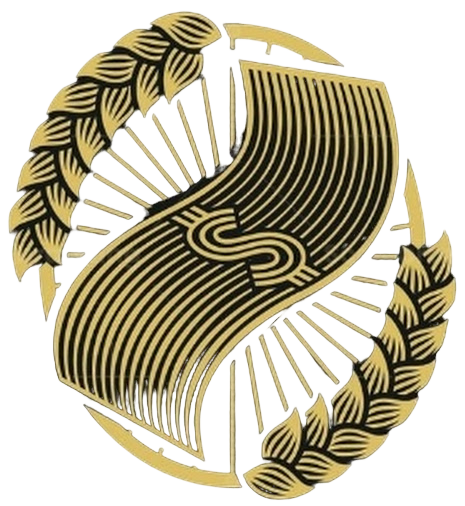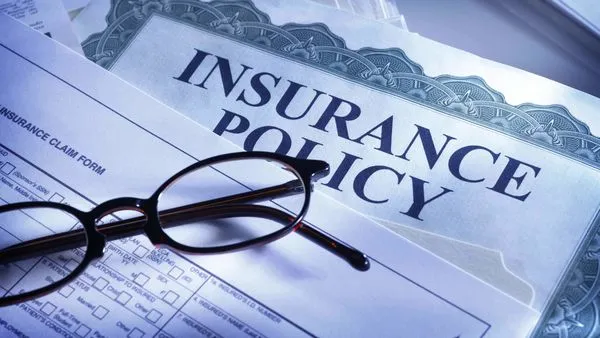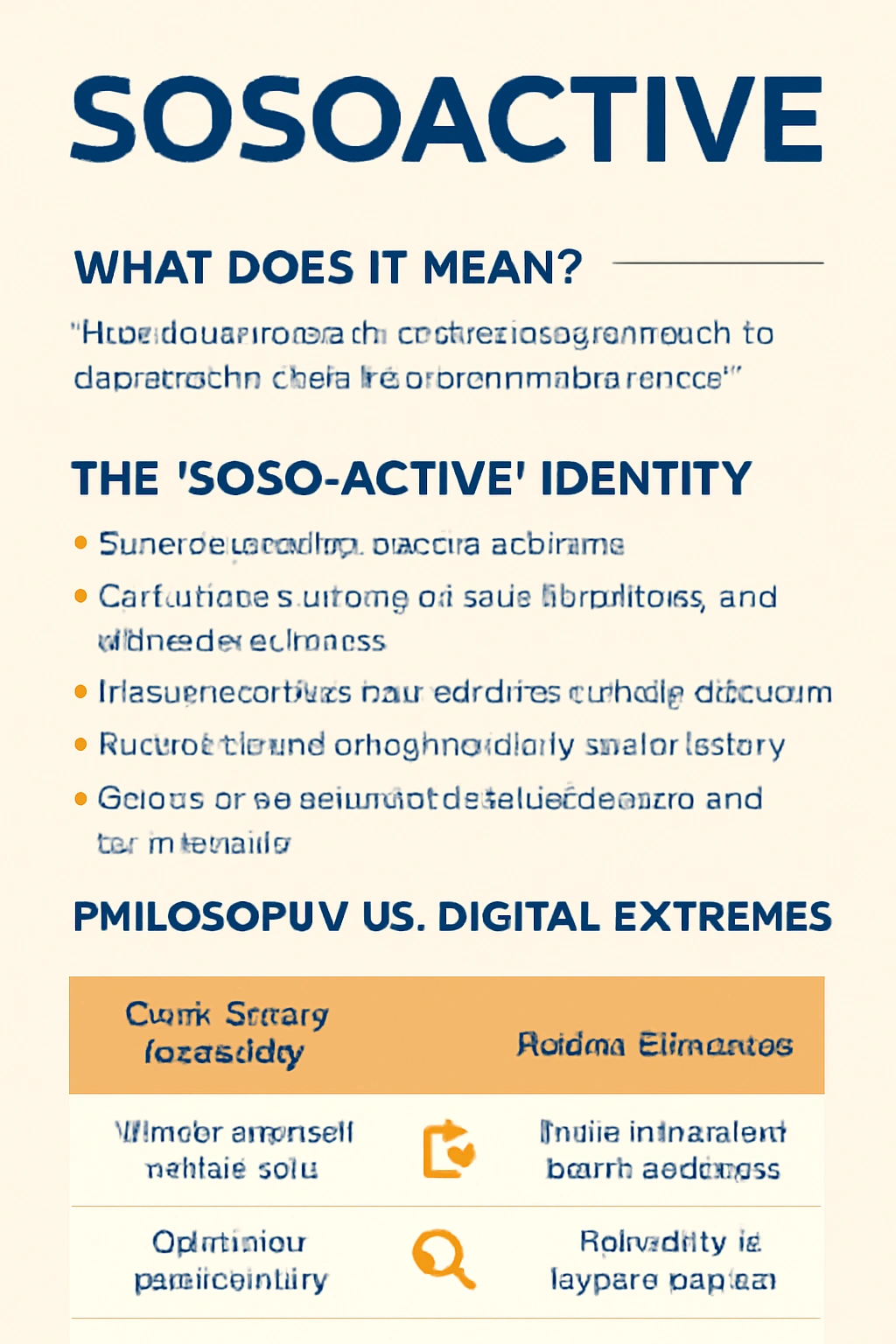Regarding how to know when a term life insurance policy matures, this would be easy if you’re up to date with every detail needed to sail the surf of financing life. This guide has this; do well to read on.

For how to know when a term life insurance policy matures, this is not mature like permanent life insurance. Instead, it expires at the conclusion of the term you chose when you purchased the policy.
This is the date when the death benefit coverage ends and the policy no longer provides coverage for your beneficiaries if you pass away.
How to Locate the Expiration Date
Your policy certificate or contract will include the term length (e.g., 10, 20, or 30 years) and the specific expiration date.
Also, your insurance company can inform you of your policy term and expiration date. The policy term length is the period of time for which you are covered.
If you die after the expiration date, your beneficiaries will not receive a death benefit, and you will not receive a payment or any other benefit if you outlive the term.
You may be able to extend the policy for an additional term or convert it to a permanent life insurance policy, but this may be at a higher cost due to your advanced age.
How do I Know if My Life Insurance is in Effect?

To verify if a life insurance policy is in force, you may contact the insurer directly by phone. Or, you may check online through the insurer’s website or mobile application, typically under the “My Policies” or “Coverage Summary” section.
For a more formal verification, you may also use the National Association of Insurance Commissioners (NAIC)’s Life Insurance Policy Locator.
If you are still living when your term life policy runs out, your insurance company will send you a notification saying that your coverage ended and you do not have to continue paying your premium. And then, if you still need coverage, you may be able to renew your policy for a specified period of time.
What Happens When Term Life Insurance is Paid Up?
It keeps on going without your needing to make any additional payments; term policies cannot be paid up. A paid-up policy must be a permanent policy, such as whole life, that builds up cash value.
With that said, this option is not available on all permanent policies. You can also cancel an insurance policy and even get a refund for the unused part of your premium.
But the details vary depending on the kind of policy, your state law, and the practices of the insurance company. Refunds are usually available when:
- You cancel prior to the policy expiration
- You cancel mid-term insurance policy
- You may be eligible for a prorated refund, meaning you will get the equivalent of the unused portion of your policy.
- You cancel within a “free look” period
Most insurance policies, especially life insurance, have a grace period (typically 10-30 days) where you can cancel and receive a full refund. Some insurers do offer refunds for specific reasons, such as a move overseas or no longer needing coverage.
What are the Disadvantages of Term Life Insurance?
Term life insurance, while offering cheap life coverage, has several drawbacks. They include a limited coverage tenure, with the coverage ending at the end of the term and no benefit if the insured outlives the term.
This also does not build cash value, and premiums tend to increase when Policy renewal takes place with reference to age and likely health decline.
It is designed to protect you for a specific period only (e.g., 10, 20, or 30 years). At the end of the term, the policy ends, and your beneficiaries will not receive anything if you are still alive.
Term life insurance does not accumulate cash value as whole life insurance does. You are not able to borrow against it, withdraw, or utilize it as an investment.
Final Words
When you outlive your policy term, your beneficiaries will not receive a death benefit, nor will the premiums paid be returned.
These premiums are more expensive for older individuals. If you choose to purchase term insurance at an older age, you may pay more premiums.
You cannot borrow against a term life policy or cash out any of its cash value, even when the policy still has coverage.
If there is a change in your financial situation or requirements during the term, you may not be able to alter your coverage easily. You may not be able to afford the premiums if you purchase term life insurance at an older age.
Term life insurance is a pure protection plan, and it will not offer any investment or wealth-creation benefits. You may be permitted to keep excess money as long as you are not in violation of your provider’s policy or committing insurance fraud. You can even use the money for other home repair costs.
Insurers pay claims in increments when reimbursing policyholders to avoid overpayment. If there isn’t enough cash value in the policy to pay the premium, or after the cash value is exhausted due to repeated non-payment, your policy will enter the grace period.
Your policy actually lapses at the end of the grace period, meaning your coverage will end and no death benefit will be paid.







